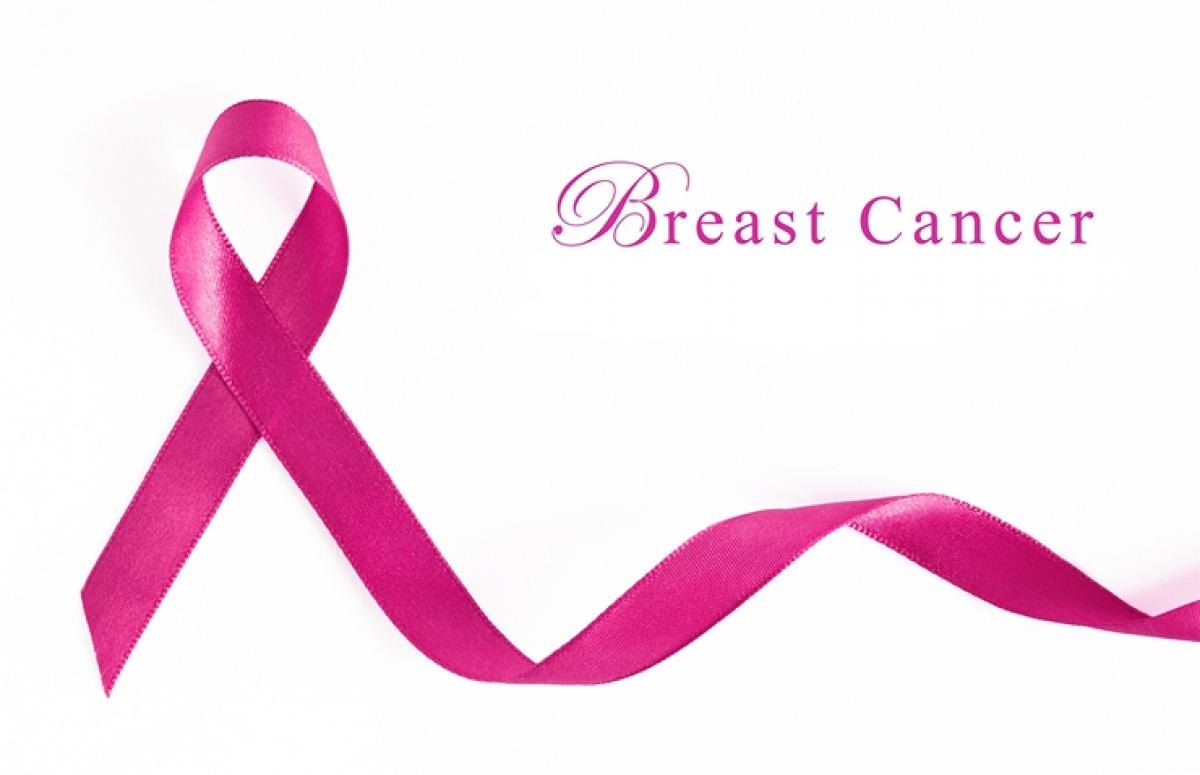Live
- Garena Free Fire MAX Redeem Codes for November 28, 2024: Get Free Rewards Now
- Prithvi Shaw Criticised for Ignoring Advice from Tendulkar, Dravid, Ponting, and Ganguly
- MP seeks vehicular underpass construction at Chandrasekharapuram
- India Tops WTC Points Table After Dominant Win Over Australia – Race for Lord’s Final Heats Up
- Support Centre's stand on Bangladesh crisis: CM Mamata Banerjee
- All set for Tiruchanoor Brahmotsavams from today
- I say goodbye: Bhuvneshwar bids farewell to SRH after '11 incredible years'
- APSRTC Bumper Offer: 20% Discount on Ticket Prices in Select Buses!
- Uber One Subscription Plan Launched in India: Price, Benefits and More
- Xiaomi Rumored to Release Its Own Chipset by 2025
Just In

x
Highlights
An Advisory Issued by Dr Swarupa Mitra, Consultant Radiation Oncologist, Chief Unit of Gastrointestinal and Genitourinary Services, Rajiv Gandhi Cancer Institute
An Advisory Issued by Dr Swarupa Mitra, Consultant Radiation Oncologist, Chief Unit of Gastrointestinal and Genitourinary Services, Rajiv Gandhi Cancer Institute

Risk Factors for Developing Breast Cancer
1. Age: In India, the average age at which breast cancer is detected is getting lesser. More and more women between the age of 20 and 30 years are being affected but the risk is especially higher after the age of 45.
2. Family History: About 5-10% of all breast cancer cases are likely to be inherited because of carrying the mutated gene.
3. Early Menstruation and Late Menopause: Early age at first menstrual period and late menopause may have something to do with lifetime risk of developing breast cancer. .
4. Delayed Pregnancy or No Pregnancy: Not giving birth to a child puts one at a higher risk of breast cancer. A woman who gives birth to children has a 30% lowered risk than a woman who was never pregnant. First delivery beyond the age of 30 increases the chances of developing breast cancer
5. Breastfeeding: Breastfeeding for over 12 months reduces the risk of breast cancer by 4% compared to women who never breast feed. Moreover, the risk further reduces with longer period of breast feeding.
6. Exposure to Radiation: Radiation of any kind can induce genetic mutation and cause cancer. For breast cancer too, exposure to moderate or high intensity of radiation can increase the risk of breast cancer.
7. Obesity: Overweight or obesity, Lack of exercise, fatty and high calorie food increase the risk of breast cancer in women, especially for those who have approached menopause.
8. Healthy Life Style: Regular Exercise, a diet high in vegetables and fruits and low in sugared drinks, refined carbohydrates and fatty foods helps to prevent cancer. Eat lean protein such as fish or chicken breast and eat red meat in moderation, if at all. Eat whole grains and choose vegetable oils over animal fats.
Tips to Early Detection and Prevention
Self breast Examinations
Knowing how your breasts feel normally is very important. Regular self-breast examination, once a month, preferably after the menses must be practised. Changes like lumps, swelling, skin irritation or dimpling are all signs that you need to talk to your doctor immediately
Clinical breast Examination
In addition to mammography, have a regular breast examination by a doctor. It is recommended that women at the age of 40 and above should receive annual clinical breast exams and women in their 20s and 30s should have clinical breast examination as part of a periodic health exam by a health professional at least every three years.
Know the Hereditary Risk Factors
If you have a mother or sister or maternal aunts who have had breast cancer, and if they had breast cancer before reaching menopause, consult your doctor. This is because your own risk of cancer may be higher than average. An annual mammogram may be recommended.
Keep Weight in Check
Being overweight can increase the risk of many different cancers, including breast cancer, especially after menopause.
Be Physically Active
Women who are physically active for at least 30 minutes a day have a lower risk of breast cancer. Regular exercise is also one of the best ways to help keep weight in check.
Avoid Too Much Alcohol
Alcohol can be good for the heart, but when it comes to cancer, there’s really nothing good about it. Even moderate amount increase the risk of breast cancer.
Breastfeed, If Possible
Breastfeeding for a total of one year or more (combined for all children) lowers the risk of breast cancer.
Avoid Birth Control Pills, Particularly after Age 35 or If You Smoke
Birth control pills have both risks and benefits. The younger a woman is, the lower the risks are. While women are taking birth control pills, they have a slightly increased risk of breast cancer. This risk goes away quickly, though, after stopping the pill.
Signs of Breast Cancer
Be aware of the following changes in your breasts that could signal breast cancer:
Changes in the outline or shape of the breast, especially those caused by arm movements or by lifting the breast.
Changes in the look or feel of the skin, such as puckering or dimpling.
Any new lump, thickening or bumpy areas in one breast or armpit, with or without pain, that differs from the same part of the other breast and armpit.
Nipple discharge that's new for you and not milky.
Bleeding from the nipple.
Any change in nipple position, such as being pulled up or pointing differently.
A rash on or around the nipple.
If you notice any of the changes mentioned above, please consult your doctor.
NOTE
Sometimes women worry that breast pain may be a sign of a serious condition. However, breast pain by itself is not a symptom of breast cancer, and breast pain does not increase the risk of developing breast cancer.
Dr Swarupa Mitra

Next Story
More Stories
ADVERTISEMENT
© 2024 Hyderabad Media House Limited/The Hans India. All rights reserved. Powered by hocalwire.com







